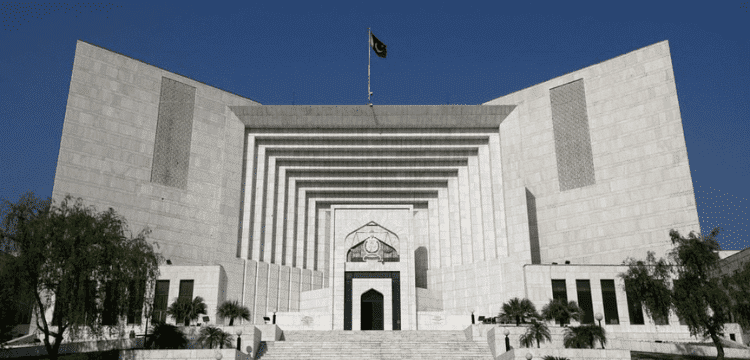[vc_row][vc_column][vc_column_text dp_text_size=”size-4″]ISLAMABAD: The Supreme Court ruled on Tuesday against conducting DNA tests without consent in civil cases, describing involuntary testing as a violation of personal freedom and private life as guaranteed by Articles 9 and 14 of the Constitution.
The top court overturned a Lahore High Court (LHC) order on an appeal against a lower court’s verdict in a seven-page decision written by Justice Mansoor Ali Shah.
According to the court, the individuals whose DNA was ordered were not parties to the case. The case arose from a property dispute.
Taj Din, Zubaida Bibi, and Muhammad Nawaz had their DNA tested by the LHC.
Read More: Pakistan may need to look for alternative funding sources.
Despite annulling the LHC order, the Supreme Court upheld the trial court’s decision.
According to the ruling, involuntary DNA tests in civil cases violate personal freedom and private life. “Articles 9 and 14 of the Constitution protect personal freedom and private life,” it added.
According to the ruling, conducting a DNA test without consent was an invasion of privacy and a violation of fundamental rights. The court emphasised that DNA tests were permitted in criminal cases but not in civil cases.
The Supreme Court ruled that the paternity of a child born during marriage could not be questioned under Shahada (evidence) law.[/vc_column_text][/vc_column][/vc_row]











